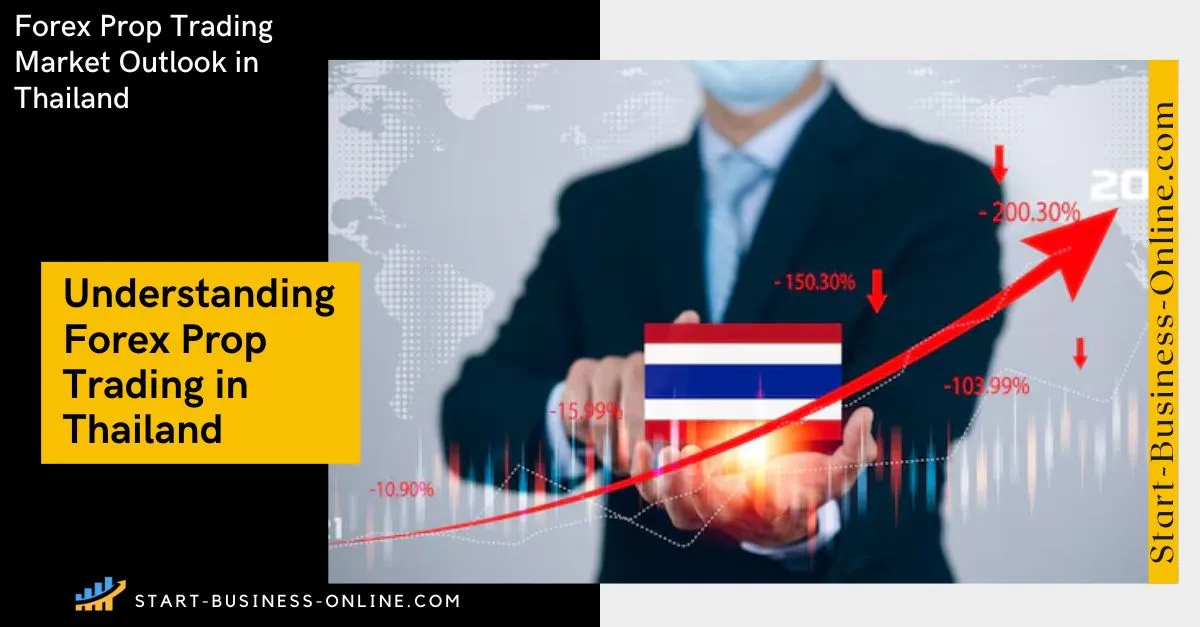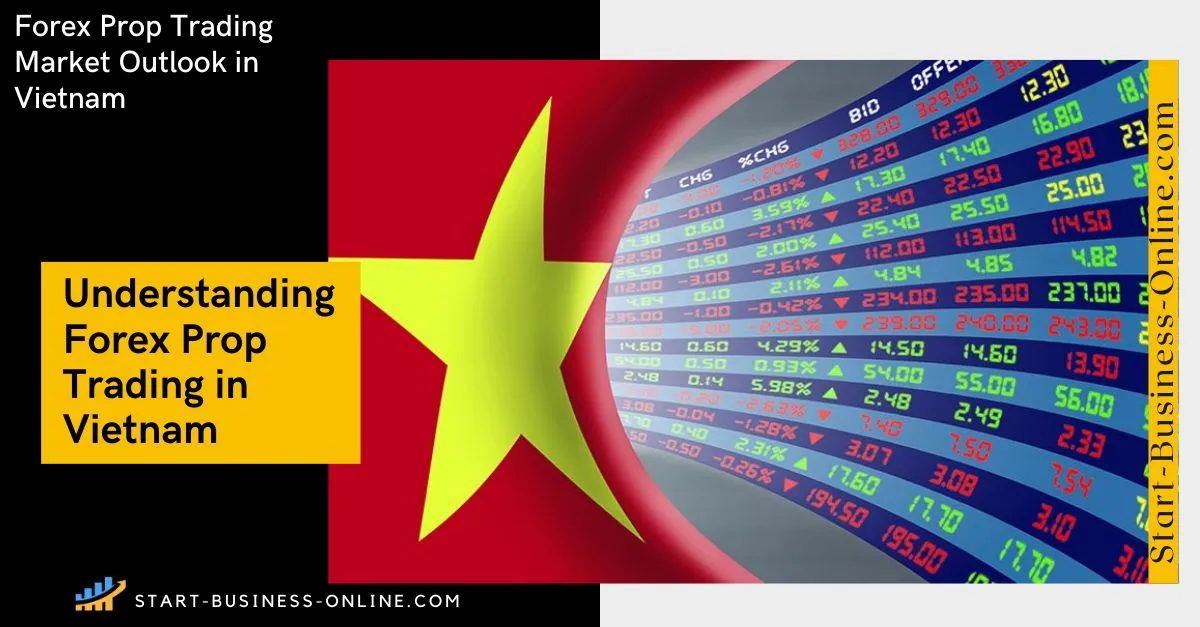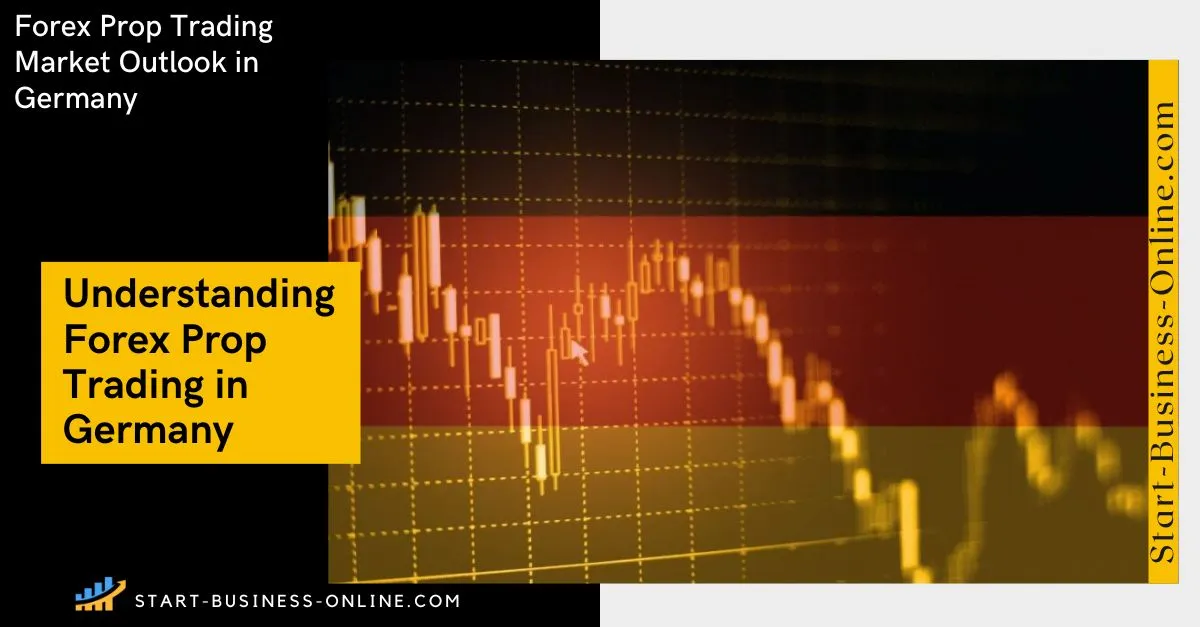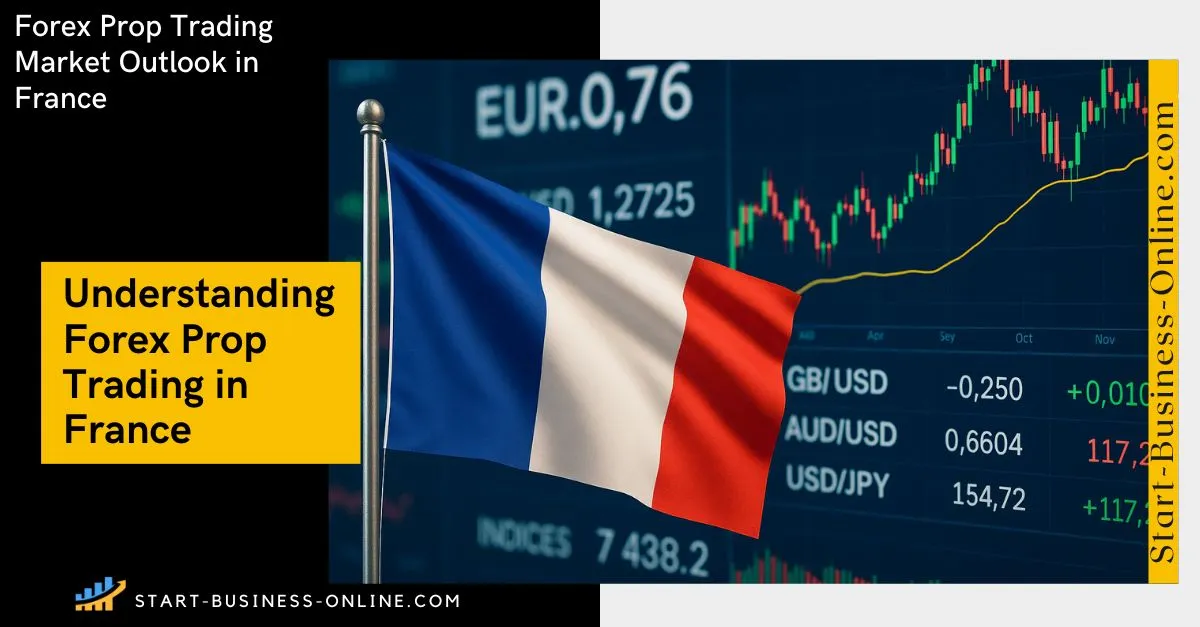Prop trading (short for proprietary trading) refers to a setup where traders use a firm's capital to trade and share in the profits, often after meeting specific assessment criteria. In recent years, several prop trading firms have expanded their programs across Asia, offering local traders the opportunity to trade without risking personal capital. Below, we take a closer look at a few major markets in Asia, covering an overview of prop trading firms for local traders, and whether prop trading is legal in that country as well as a summary of the findings of an ad hoc survey of leading prop firms about some of their statistics.
General Asia Statistics
- Global Trader Participation Growth: Prop firms report a 35% year-over-year increase in trader sign-ups for evaluation accounts; Asia contributes significantly to this surge.
- First-Stage Pass Rate (Global): On average, 40% of traders pass the initial evaluation.
- Funded Account Rate (Global): Roughly 15% of all candidates eventually secure a funded account.
- Most Traded Asset Classes (Global, but heavily reflected in Asia):
- Forex: 60%
- Indices: 25%
- Commodities/Metals: 15%
- Average Challenge Fees: Typically range between $100 and $600, depending on account size.
Singapore
Overview of Prop Trading Firms for Singaporean Traders
Singapore has long been a global financial hub, attracting both traditional and alternative investment firms. A range of international and regional prop trading firms operates in or accept traders from Singapore, drawn by the city-state’s stable economy, robust regulatory framework, and highly educated workforce. Many local traders find opportunities with well-known global prop firms that offer online evaluations and funded accounts.
Is Prop Trading Legal in Singapore?
Prop trading is legal in Singapore, but firms and traders must adhere to the regulations set by the Monetary Authority of Singapore (MAS). The MAS closely monitors all financial activities, so prop trading firms typically operate with strict compliance and risk management protocols. As a trader, it is essential to confirm that your chosen prop firm aligns with MAS regulations.
Key Takeaway
Forex Focus: 74% of prop traders in Singapore primarily trade forex pairs—one of the highest forex concentrations in Asia.
Hong Kong
Overview of Prop Trading Firms for Traders from Hong Kong
Similar to Singapore, Hong Kong serves as a major Asian financial center. Local traders enjoy access to both domestic and international prop trading firms. Because of its position as a global financial hub, Hong Kong attracts major prop firms looking for skilled traders, especially those versed in forex and CFDs.
Is Prop Trading Legal in Hong Kong?
Yes, proprietary trading is legal in Hong Kong. The Securities and Futures Commission (SFC) oversees most financial activities, including prop trading, ensuring firms abide by strict compliance and reporting requirements. As with any financial service in Hong Kong, due diligence is crucial. Traders should confirm their firm is either registered or approved to operate under SFC guidelines.
Key Takeaway
Share of Asian Traders: Hong Kong-based traders account for roughly 12% of all Asian traders enrolling in top-tier prop firm evaluations.
Malaysia
Overview of Prop Trading Firms for Malaysian Traders
Malaysia’s retail trading scene has grown in recent years, prompting local traders to seek funding from global prop firms. While there are fewer major domestic prop firms, Malaysian traders often work with international companies that conduct their online evaluations worldwide. These evaluations enable Malaysian residents to test their skills under real market conditions without risking personal capital.
Is Prop Trading Legal in Malaysia?
Prop trading is not explicitly forbidden in Malaysia, but regulations around forex and CFD trading are relatively strict. The Securities Commission Malaysia (SC) oversees licensing and regulatory requirements for financial services providers. Traders must ensure the prop firm has the proper authority to operate, and that any forex- or CFD-related activities comply with local guidelines.
Key Takeaway
Higher-Than-Average Pass Rate: Around 45% of Malaysian traders clear the initial evaluation stage (global average is 40%).
Thailand
Overview of Prop Trading Firms for Thai Traders
Thailand’s trading community is growing, with more local traders turning to prop firms for capital. Although few local prop firms exist, many Thai traders sign up with reputable international firms offering remote, fully online trading evaluations. This cross-border approach gives Thai traders access to more competitive funding options.
Is Prop Trading Legal in Thailand?
The Bank of Thailand (BOT) and the Securities and Exchange Commission (SEC) share oversight of financial and investment activities in the country. There is no specific legislation prohibiting prop trading; however, traders must comply with existing regulations on forex and derivatives. Most reputable international prop firms ensure their programs align with international standards, though it’s up to the individual trader to verify legality and ensure compliance with Thai regulations.
Key Takeaway
Reliance on International Firms: Over 80% of Thai prop traders use international prop trading platforms rather than domestic firms.
India
Overview of Prop Trading Firms for Indian Traders
India has a large, tech-savvy population of traders and programmers who are well-versed in algorithmic and retail trading. Consequently, global prop firms increasingly cater to Indian traders through online evaluation platforms. While some domestic proprietary trading desks exist at brokerages and hedge funds, accessing global forex markets through international prop firms is common.
Is Prop Trading Legal in India?
Prop trading itself is legal. However, forex and CFD activities are strictly regulated by the Securities and Exchange Board of India (SEBI) and the Reserve Bank of India (RBI). Cross-border remittances for trading can be complex due to India’s foreign exchange regulations. Traders must exercise caution, ensuring their chosen prop firm and the underlying instruments offered are permissible under SEBI and RBI guidelines.
Key Takeaway
Indian traders dominate a sizable portion of Asia’s prop trading landscape. Despite stricter forex rules, the country’s large, tech-savvy population drives robust participation in global prop firm evaluations. More than 15% of new signups at major prop firms in Asia come from Indian residents, reflecting India’s rapidly growing interest in prop trading.
China
Overview of Prop Trading Firms for Local Traders
- Growing Market Share: China is one of the largest sources of prop trading applicants in Asia, with estimates suggesting that 20–25% of Asian prop firm candidates hail from the country.
- High Participation: A burgeoning community of online traders, combined with increasing financial literacy, has led to continuous growth in the number of Chinese traders seeking evaluations from international prop firms.
Is Prop Trading Legal in China?
- Regulatory Nuances: China heavily regulates its financial sector, particularly foreign exchange trading. While prop trading itself is not explicitly prohibited, Chinese traders often use offshore or international prop firms to circumvent local restrictions on leverage and cross-border capital flows.
- Compliance: Traders must ensure they are not breaching any foreign exchange or capital control rules, as the People’s Bank of China (PBoC) and the State Administration of Foreign Exchange (SAFE) closely monitor cross-border financial activities.
Key Takeaway
- Significant Market Presence: China accounts for one of the largest pools of potential prop trading candidates in Asia. Some prop firms estimate 20–25% of their Asian applicant base originates from China.
- Pass Rate Consistency: While exact pass rates vary, they tend to align with the global first-stage pass rate of ~40%. Economic conditions, trading culture, and a growing online education ecosystem contribute to steady participation.
Indonesia
Overview of Prop Trading Firms for Local Traders
- Expanding Retail Trading Scene: Indonesia accounts for roughly 8–10% of Asia’s prop trading signups, reflecting rising interest in forex and CFD products.
- Remote Evaluations: Most Indonesian traders work with international prop firms that offer online challenges, as local prop shops are relatively few.
Is Prop Trading Legal in Indonesia?
- Legal but Regulated: The Indonesian Commodity Futures Trading Regulatory Agency (BAPPEBTI) supervises forex and derivative trading. Proprietary trading is not banned, but firms handling forex must comply with BAPPEBTI regulations.
- Key Caution: Traders should verify if a prop firm’s activities and instruments (e.g., CFD trading) adhere to Indonesian guidelines.
Key Takeaway
- Increasing Trader Interest: Indonesia has seen a surge in retail traders, with many turning to prop firms for greater capital access. They make up roughly 8–10% of Asia’s prop firm applicant base.
- Challenge Success: Success rates in Indonesia mirror global averages; around 40% of applicants progress beyond the first-stage challenge.
Pakistan
Overview of Prop Trading Firms for Local Traders
- Growing Awareness: The number of Pakistani applicants to prop firms has risen by about 5% year-over-year, driven by increased internet usage and local interest in forex/crypto.
- International Platforms: Similar to other emerging markets, most Pakistani traders sign up with international prop trading companies that allow remote participation.
Is Prop Trading Legal in Pakistan?
- No Direct Prohibition: There is no direct ban on prop trading. However, the State Bank of Pakistan (SBP) oversees foreign exchange transactions, and traders must follow guidelines regarding international remittances.
- Compliance Focus: Individuals must ensure that depositing and withdrawing funds from international prop platforms aligns with SBP regulations to avoid any exchange control violations.
Key Takeaway
- Growing Retail Segment: Pakistani traders have shown noticeable growth in prop firm enrollments—an uptick of around 5% year-over-year.
- Pass Rate Potential: Despite relatively high enthusiasm, pass rates remain near the global standard (about 40%). Limited local forex infrastructure means many traders rely on international prop firms.
Bangladesh
Overview of Prop Trading Firms for Local Traders
- Emerging Market: Bangladesh accounts for around 3–5% of Asian prop firm applicants. Internet penetration is rising, expanding the pool of potential traders.
- Increasing Education: More local traders are turning to online courses and mentorship programs, improving both skills and awareness of prop trading opportunities.
Is Prop Trading Legal in Bangladesh?
- Forex Restrictions: While no specific law outlaws prop trading, the Bangladesh Bank restricts certain foreign exchange transactions.
- Risk Management: Traders must ensure they comply with Bangladesh Bank regulations on any cross-border capital flows (e.g., payments for challenge fees or profit withdrawals).
Key Takeaway
- Rapidly Emerging Market: Prop firm signups from Bangladesh have increased in tandem with the country’s growing internet penetration. They currently represent around 3–5% of total Asian applicants.
- Stage One Clearance: Bangladeshi traders exhibit roughly a 38–40% clearance rate for initial prop firm challenges, comparable to the global benchmark.
For details on rules, top firms, fees, and withdrawals, see our full guide: Prop Trading in Bangladesh — Best Prop Firms & Rules .
Japan
Overview of Prop Trading Firms for Local Traders
- Mature Financial Hub: Japan’s long-standing trading culture and advanced financial markets contribute to about 10% of major Asian prop firm participants.
- High Success Rates: Japanese traders often exhibit disciplined approaches, reflected in a slightly above-average first-stage pass rate of around 45%.
Is Prop Trading Legal in Japan?
- Licensed Activities: The Financial Services Agency (FSA) closely regulates forex and derivative trading. Prop trading itself is legal, provided the firms meet any licensing requirements where applicable.
- Local vs. International: While Japan has strict rules on domestic broker operations, many Japanese traders pass evaluations with international prop firms, which may follow a different regulatory framework.
Key Takeaway
- Mature Trading Culture: Japan is well-known for its advanced financial markets and tech-savvy population. Traders from Japan account for about 10% of major Asian prop firm applicants.
- Above-Average Pass Rate: Japanese traders often have robust market knowledge and disciplined risk management, contributing to a slightly above-average success rate (around 45% for the first stage).
Philippines
Overview of Prop Trading Firms for Local Traders
- Rising Demand: Filipino traders represent around 6–7% of Asia’s prop firm applicants, driven by growing financial awareness and the popularity of remote work.
- Online Models: Most traders join global platforms that offer flexible online evaluations and account funding.
Is Prop Trading Legal in the Philippines?
- Legal but Under Oversight: The Securities and Exchange Commission (SEC) in the Philippines regulates forex and derivative trading. While prop trading is allowed, participants must ensure the underlying products and funding structures comply with local rules.
- Due Diligence: It is crucial to verify a firm’s credibility, especially regarding the handling of client funds and cross-border transactions.
Key Takeaway
- Surging Retail Interest: Filipino traders now make up 6–7% of Asia’s prop firm applicants, spurred by increasing financial literacy and remote work culture.
- Evaluation Outcomes: Pass rates tend to hover around 38–40%, aligning closely with global norms.
Vietnam
Overview of Prop Trading Firms for Local Traders
- Steady Growth: Vietnam comprises about 4–5% of Asia-based applicants, showing consistent year-over-year increases in prop trading interest.
- International Platforms: The vast majority of Vietnamese traders seek online prop firms, given limited domestic options.
Is Prop Trading Legal in Vietnam?
- Forex Rules: The State Bank of Vietnam imposes strict guidelines on forex trading and capital outflows. Nonetheless, prop trading itself is not explicitly forbidden.
- Key Concern: Traders must navigate local policies on transferring funds abroad for challenge fees and potential profit withdrawals.
Key Takeaway
- Steady Growth: Vietnam’s prop trading participation shows a consistent upward trend. Approximately 4–5% of Asia-based applicants hail from Vietnam.
- Challenge Outcomes: Traders in Vietnam typically reflect the global average pass rate (around 40%), although local training initiatives are on the rise.
Final Thoughts
Across Asia, prop trading is generally a legal way for traders to gain access to capital and trading opportunities they might not have otherwise. Regulatory environments vary, so it’s essential for traders to:
- Verify Regulatory Compliance: Check if the prop firm meets local and international regulatory requirements.
- Review Contract Details: Ensure you understand the terms, including profit splits and any fees.
- Assess Reliability: Opt for firms with transparent evaluations and proven track records.
Whether you’re in a major financial hub like Singapore or Hong Kong, or in emerging markets like Thailand or Malaysia, choosing a reputable prop trading firm and staying compliant with local regulations are the keys to a successful prop trading journey.
Notes on Interpretation
- Educational Factors: Markets like Japan, Malaysia, and certain regions in India boast slightly higher pass rates, possibly due to better access to structured trading education.
- Global vs. Local: A large portion of Asia-based traders still prefer (or rely on) remote evaluations with international prop firms, especially in countries where local regulations are less clear or capital requirements are stringent.






